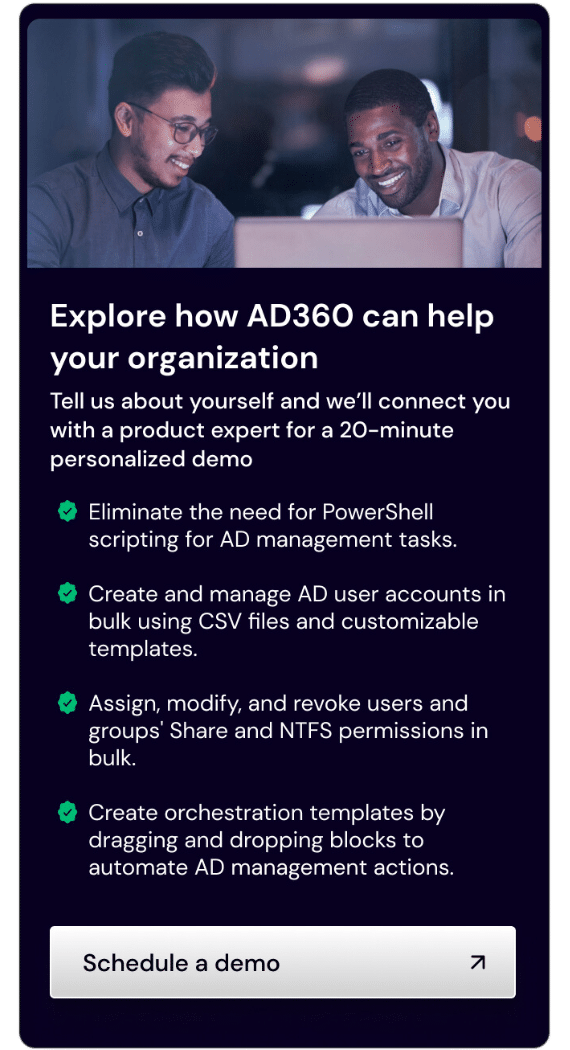Identity management is crucial for ensuring security, scalability, and seamless user experiences across various platforms and applications. Microsoft offers an identity platform designed to meet these needs. In this article, we will explore the Microsoft Identity Platform.
Understanding the Microsoft Identity Platform
The Microsoft Identity Platform is a comprehensive identity and access management service that enables developers to add authentication, authorization, and single sign-on capabilities to their applications. It provides a unified authentication model that supports various protocols, including OAuth 2.0 and OpenID Connect, making it compatible with a wide range of platforms and devices.
Why Use Microsoft Identity Platform
Using the Microsoft Identity Platform offers numerous benefits for developers, businesses, and end-users:
Security: The platform incorporates industry-leading security features. By integrating with Azure AD, it provides advanced security controls to protect user identities and sensitive data from unauthorized access and cyber threats.
Scalability: It supports growing user bases and increasing application workloads. The platform can handle authentication requests from millions of users across diverse devices and platforms, ensuring high performance and reliability.
Developer-Friendly: The platform offers tools and resources, including software development kits (SDKs), libraries, and documentation, to simplify the process of integrating authentication and authorization into applications.
Key Components of the Microsoft Identity Platform
OAuth 2.0 and OpenID Connect: These are essential standards for building secure and scalable authentication and authorization systems on the web. OAuth 2.0 focuses on authorization, while OpenID Connect extends it to include authentication, helping developers enable authenticating several identity types.
Microsoft Authentication Libraries (MSAL): MSAL is a set of client libraries that simplifies the process of integrating authentication and authorization into applications. It provides developers with easy-to-use APIs for acquiring tokens and managing user sessions.
Application Management Portal: This component provides a centralized interface for managing applications and their associated identity configurations.
Integration with Microsoft Services
Integrating with Microsoft services enhances security and user experience, unlocking numerous functionalities and features. The Microsoft Identity Platform can be integrated with popular services such as:
- Azure Active Directory
- Microsoft 365
- Azure Services
Conclusion
The Microsoft Identity Platform offers a comprehensive solution for managing identities across diverse applications and services. With its robust security features, seamless integration capabilities, and scalability, it provides organizations with the tools they need to build secure, user-friendly experiences for both internal and external users.


